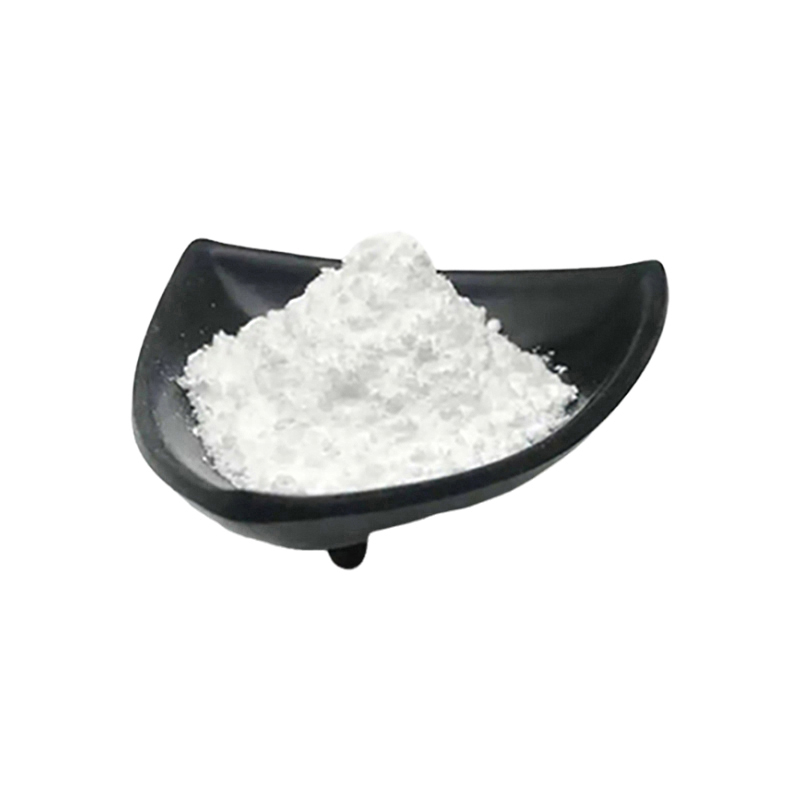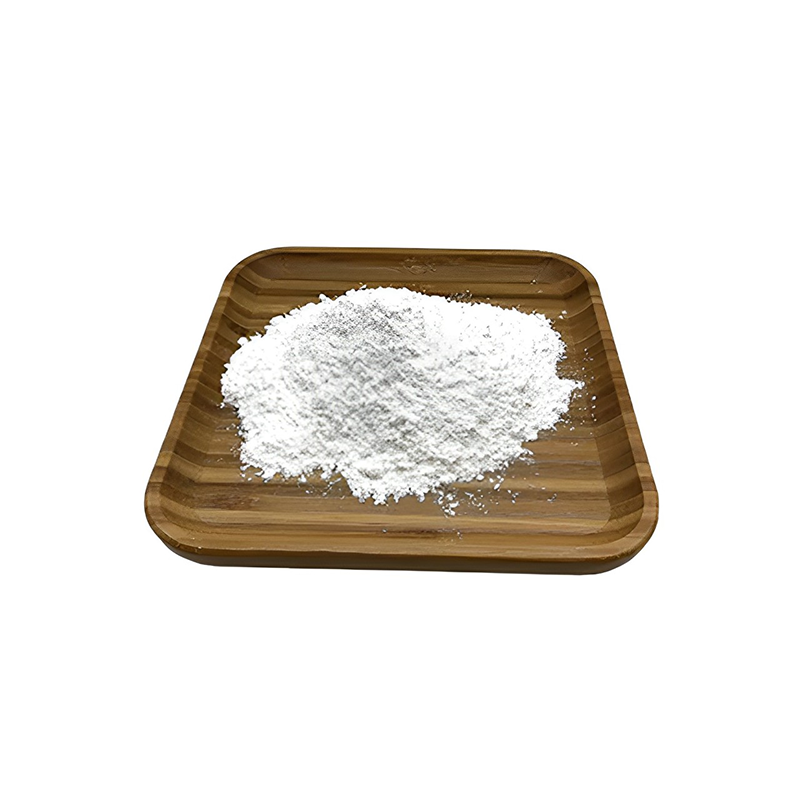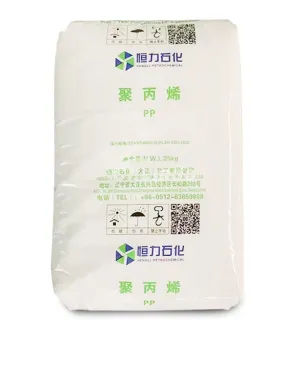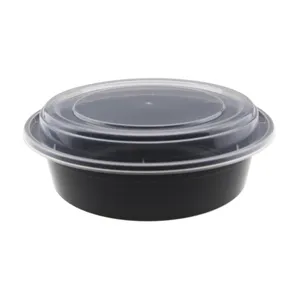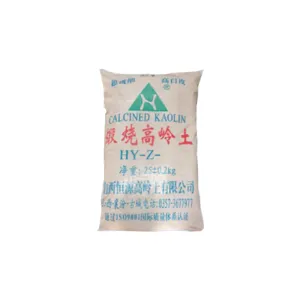Q
what company makes saturn vehicles
I'm a seasoned industrial engineer with a keen interest in machine learning. Here to share insights on latest industry trends.
In a warm diesel engine, ignition is achieved through the principle of compression ignition, which is a characteristic aspect of diesel engines. Unlike gasoline engines that use spark plugs to ignite the fuel-air mixture, diesel engines compress air in the combustion chamber to a high degree, significantly increasing its temperature. When the engine is warm, the air temperature in the combustion chamber is already elevated, which facilitates the ignition process. As the diesel fuel is injected into this hot, compressed air environment, typically through a fuel injector, it spontaneously ignites due to the high temperatures. The precise timing of fuel injection is crucial for efficient combustion and performance. This process allows diesel engines to operate efficiently and with a high torque output, especially in warm conditions where the initial air temperature enhances the efficiency of combustion.
The Industrial Insider: Bringing the latest news, trends, and insights from the global industrial sector right at your fingertips.
Hyundai Motor Group Production Vehicles. Genesis is Hyundai Motor Group's luxury brand.
You May Like
China is a prominent producer of titanium dioxide. a white pigment that is extensively utilized in various industries such as paper and rubber production. Among the Chinese companies that excel in this field are Longyi Group and Pangang Group. known for their top-notch titanium dioxide exports worldwide. These manufacturers employ cutting-edge technology to guarantee superior product quality. Nonetheless. it is advisable to conduct thorough research before purchasing to ensure that the product aligns with your specific needs and standards.
Titanium has low density and high strength, not only resistant to high and low temperatures, but also resistant to acid and alkali corrosion, making it an extremely high-performance metal. Since the 1950s, titanium has been widely used in the aerospace industry. In recent years, with the advancement of technology, more and more titanium has appeared in our lives.
Titanium is resistant to corrosion in sea water, aqua regia, and chlorine. This resistance is due to the formation of a thin surface layer of titanium dioxide (TiO2), which is an extremely stable ceramic. It protects the metal by resisting further attack or corrosion.
The metal burns only in an atmosphere of pure nitrogen, forming titanium nitride (TiN), which makes it unsuitable for use in atmospheres containing this gas or a high concentration of oxygen.
Titanium can be alloyed with many elements like iron, aluminium, vanadium, molybdenum to produce strong lightweight alloys for various uses such as aerospace (jet engines, missiles, and spacecraft), military, industrial, automotive, agri-food, medical prostheses, orthopedic implants, dental instruments and surgical equipment, among others.
The two most useful properties of the metal are corrosion resistance and strength-to-density ratio, the highest of any metallic element.
Even though it is quite reactive, titanium can be found pure in nature, generally as sands, or associated with other minerals, the primary ores being rutile (TiO2) and ilmenite (FeTiO3).
Titanium is resistant to corrosion in sea water, aqua regia, and chlorine. This resistance is due to the formation of a thin surface layer of titanium dioxide (TiO2), which is an extremely stable ceramic. It protects the metal by resisting further attack or corrosion.
The metal burns only in an atmosphere of pure nitrogen, forming titanium nitride (TiN), which makes it unsuitable for use in atmospheres containing this gas or a high concentration of oxygen.
Titanium can be alloyed with many elements like iron, aluminium, vanadium, molybdenum to produce strong lightweight alloys for various uses such as aerospace (jet engines, missiles, and spacecraft), military, industrial, automotive, agri-food, medical prostheses, orthopedic implants, dental instruments and surgical equipment, among others.
The two most useful properties of the metal are corrosion resistance and strength-to-density ratio, the highest of any metallic element.
Even though it is quite reactive, titanium can be found pure in nature, generally as sands, or associated with other minerals, the primary ores being rutile (TiO2) and ilmenite (FeTiO3).
Embroidering on polypropylene fabric can be a bit challenging due to its slippery nature and low melting point. Begin by choosing a sharp, thin needle to prevent snagging, such as a size 75/11 embroidery needle. Use polyester thread since it's strong and has a similar stretch to polypropylene, reducing the chances of stitches breaking. Stabilizing the fabric is crucial; a medium-weight cutaway stabilizer works best, adhered with temporary spray adhesive to prevent shifting. Opt for a lighter density in your embroidery designs to avoid puncture damage. Also, adjust the machine's tension settings if possible, to accommodate the fabric's unique characteristics. Lastly, test your settings on a scrap piece of polypropylene before starting your main project to ensure quality results.
You May Like
Q&A
- •vinyl chloride usage
- •can you use drano with pvc pipes
- •how to seal pvc threads to metal
- •can you use pvc glue on abs
- •polypropylene fire rating
Popular Information
- •Meghmani Finechem Q1 FY22 revenue up 111%; Profit up 107%
- •The Caustic Soda Prices Consolidating Globally Toward the End of November 2023
- •DCM Shriram to invest Rs 838 cr on expansion projects
- •CCI approves Nirma’s acquisition of Glenmark Life Sciences
- •ALPLA acquires Polish packaging manufacturer APON



